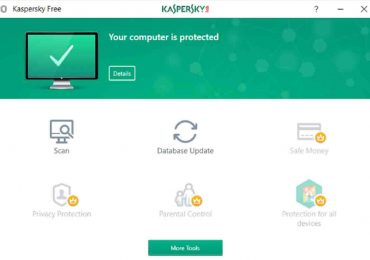In the beginning, the Internet was not terrifically user-friendly — early users needed tech chops just to get online, and they had to do so over a wired, dial-up connection. Between those online pioneers’ savvy and the relatively few other Internet users, online behavior with regard to security was not a headline issue.
Flash forward to the present and the world of ubiquitous Wi-Fi and social networking. Gone are the hurdles to enter the World Wide Web. Connecting is so easy that toddlers can tap around the Web on a tablet; great-grandparents can get online, anywhere, without even realizing it; we can buy, sell, bank, work, and socialize online; and the entire ecosystem is rife with dangers and malefactors.
We often talk about needing to be more careful than ever, but it’s never been easier to be careless.
With that in mind, here are seven things, many of which are common behaviors or easy traps people walk into every day, to stop doing immediately. A not-to-do list, if you will.
1. Trusting open Wi-Fi
Everything about an open Wi-Fi connection puts you at risk, starting with the trust you place in the network’s legitimacy. For example, criminals may create a Wi-Fi hotspot and name it something plausible, like “McDonalds open wifi” or “Hotel Guest 3.”
Then, let’s say you’ve made sure an open Wi-Fi network is really what it appears to be. That doesn’t mean it’s safe — it means that “network: librarywifi; password: ReadBooks!” really belongs to library, not that criminals aren’t lurking on that network. If you must use the network, do so as safely as possible: avoid visiting sites that require a login, and especially avoid any financial transactions. No banking, no shopping. If possible, use a VPN.
2. Choosing simple, guessable passwords
Pets’ names, birthdays, family names, and the like make for supremely insecure passwords. Instead, start with things other people are unlikely to guess, and use our password checker as a tool to help you learn to build better passwords.
The good news is, a reliable password doesn’t have to be something like ML)k[V/u,p%mA+5m — some random string you’ll never remember. Try our techniques to create strong passwords that are easy to memorize.
CONTINUE READING…












